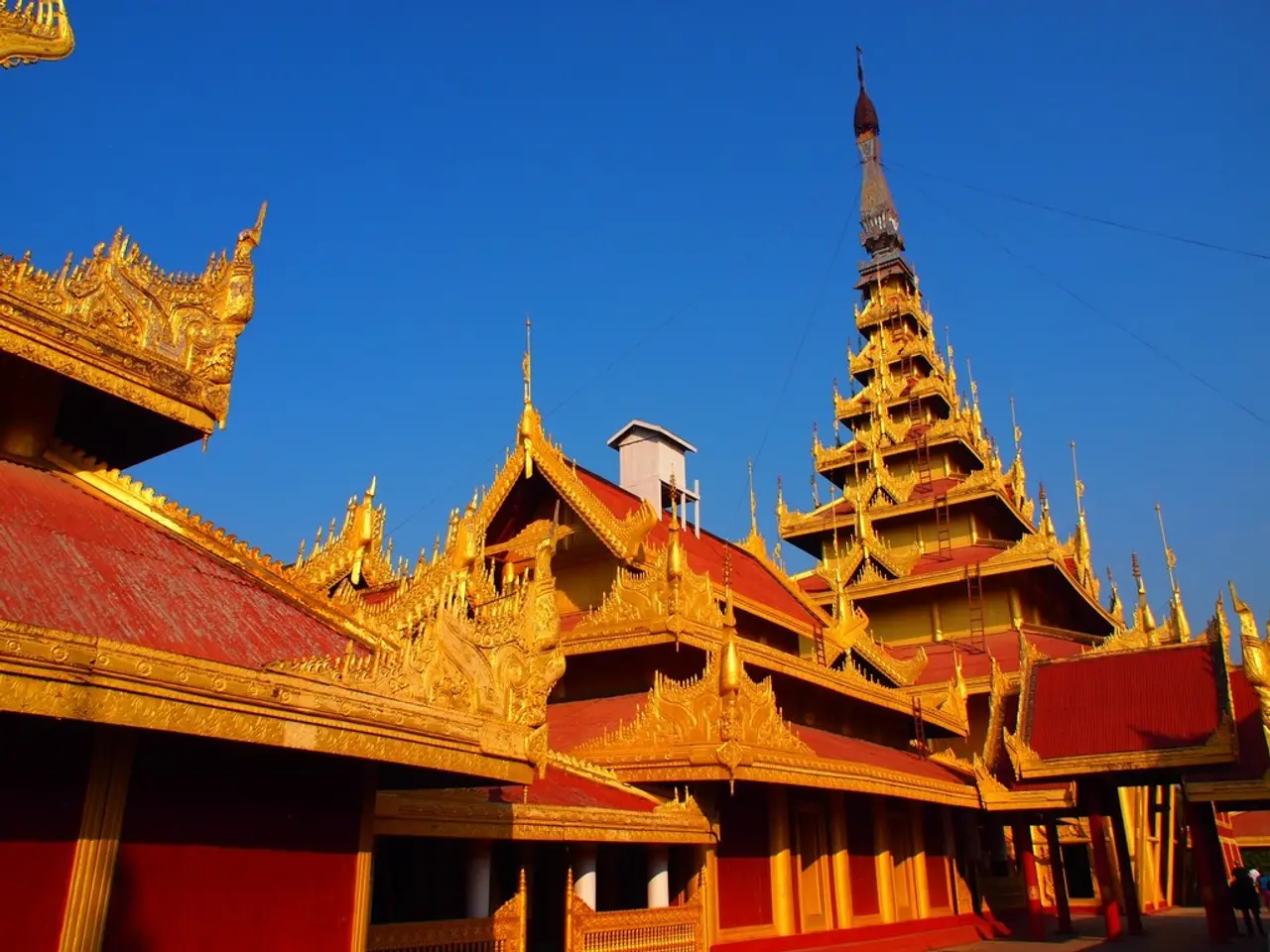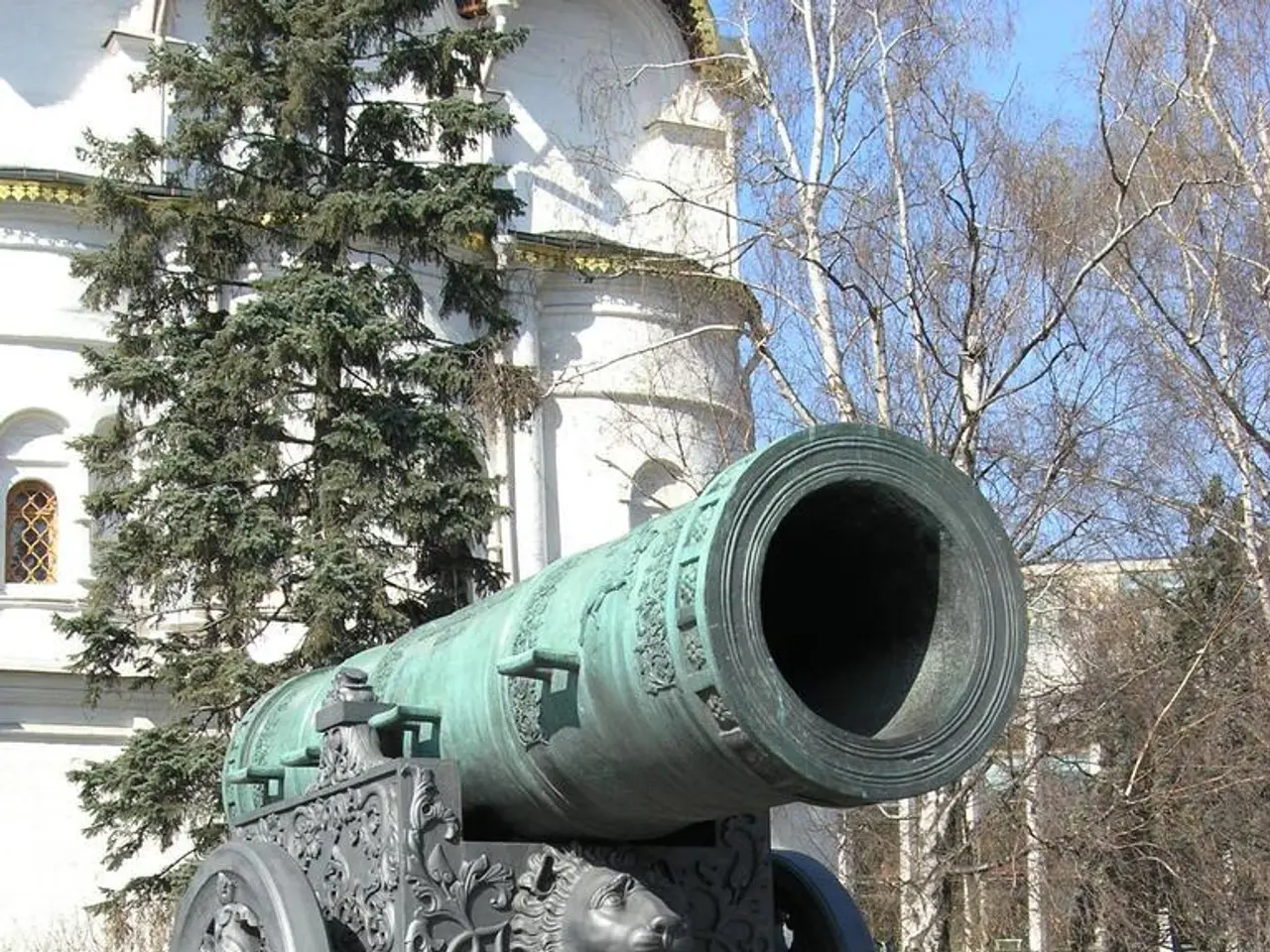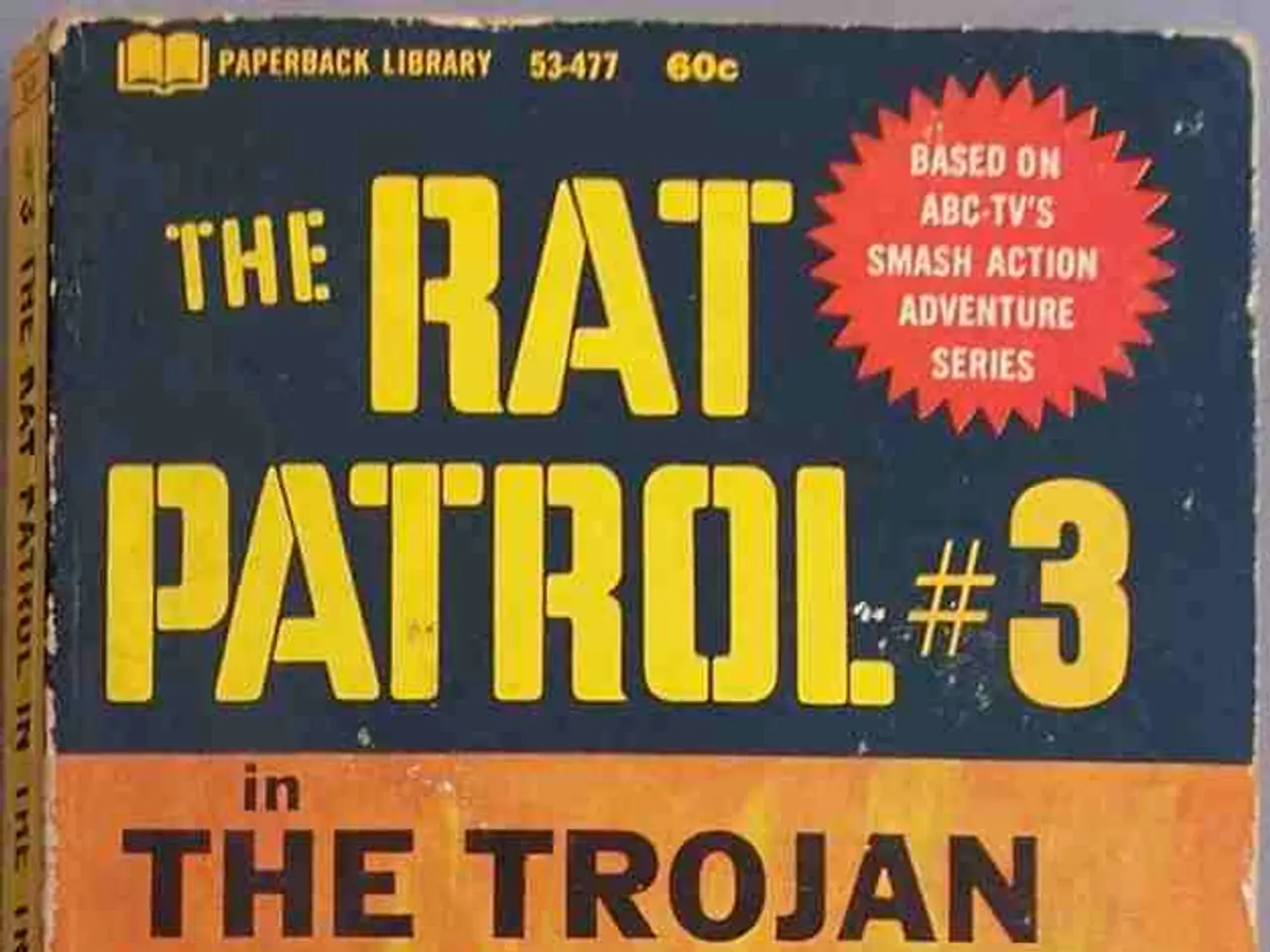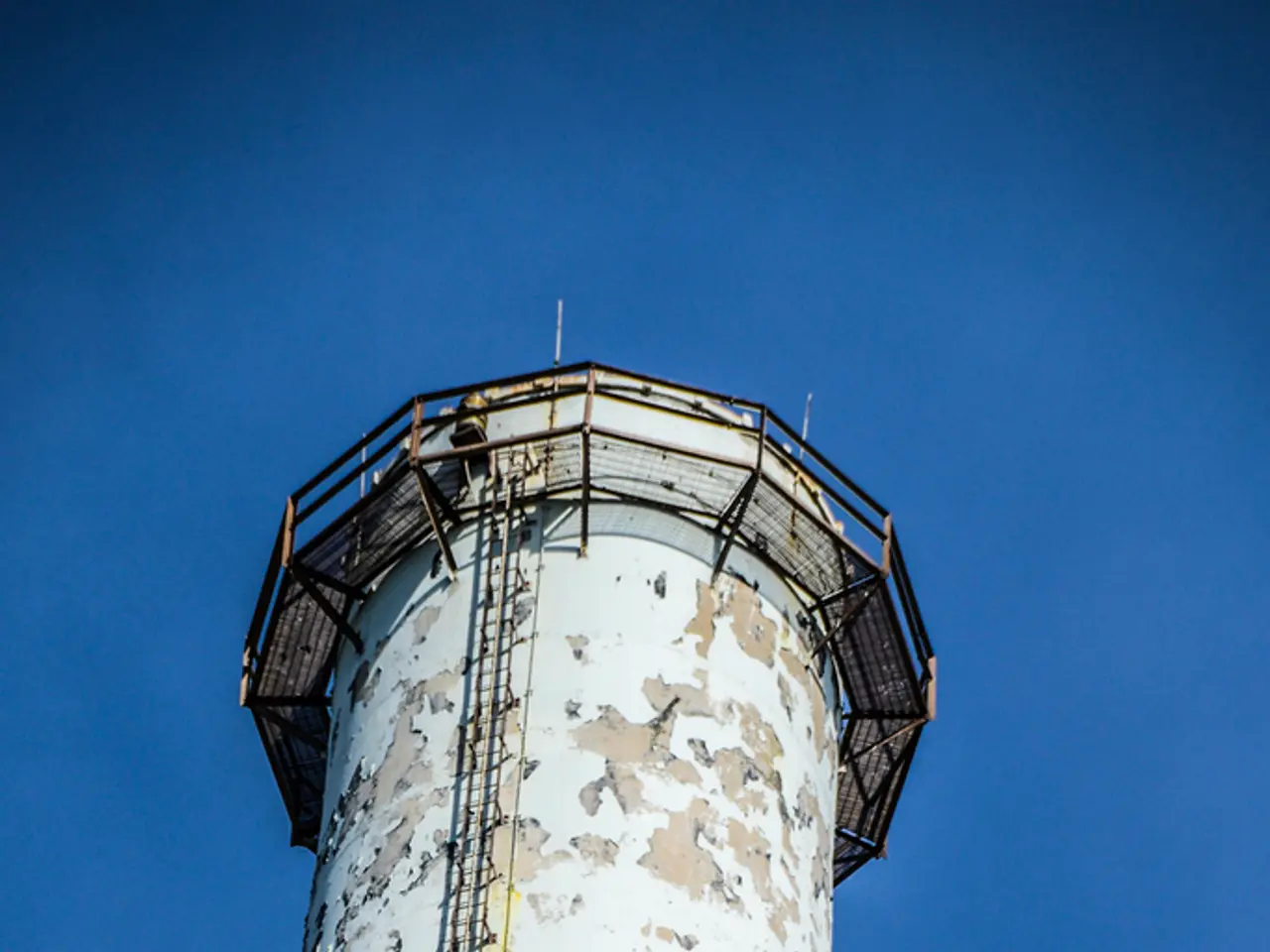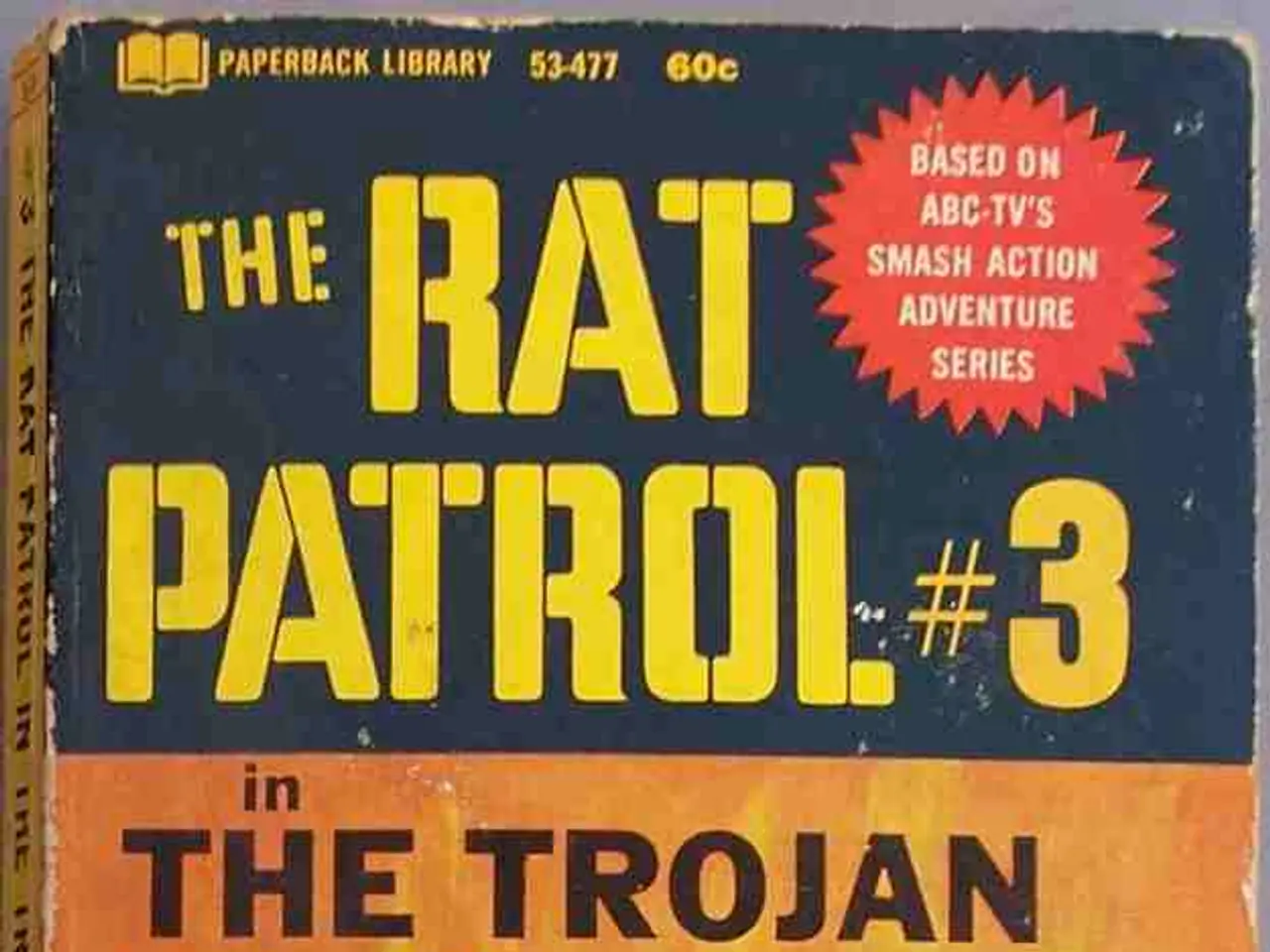Funeral Held for Seven Civilians Killed in Skirmish along Thai-Cambodian Border
A solemn ceremony was held on Sunday at Wat Maha Phuttharam in Mueang district, Si Sa Ket province, for seven civilians from the same province who lost their lives in the recent Thai-Cambodian border clashes.
The seven victims, named as Rungrat, Taksaoporn, Phongsaphak, Kittisak, Arunrat, Sawitree, and Somsri, were remembered during the emotional ceremony attended by senior government officials, local leaders, community representatives, relatives of the deceased, and members of the public.
The cremation ceremony was granted by His Majesty the King at 3.30pm, and Jiraporn Sindhuprai, a senior government official, extended her condolences to the bereaved families of the victims. The Thai government also showed its support by providing financial assistance from the disaster relief fund of the Prime Minister's Office to the families of the deceased civilians.
The government, led by officials such as Education Minister Narumon Pinyosinwat, Minister to the Prime Minister's Office Jiraporn Sindhuprai, and Deputy Education Minister Linthiphon Warinwatcharoj, was represented at the ceremony.
The government affirmed that it would expedite measures to provide psychological and financial support to those affected, including the relatives and residents of border communities. Additional measures will be introduced to ensure comprehensive support for affected citizens in all dimensions.
Tensions between Thailand and Cambodia at the border remain elevated despite the ceasefire agreed on July 28, 2025. The ceasefire is holding under international pressure, but its durability is uncertain, as mutual distrust and nationalist politics continue to complicate peace efforts. The conflict displaced over 300,000 civilians and resulted in at least 38 deaths, including civilians[1][3][4].
Incidents such as the capture of 20 Cambodian soldiers by Thailand have sustained tension[4]. ASEAN and the UN have called for calm, and initial talks in Kuala Lumpur were important first steps[1][3]. However, lasting peace likely requires continued dialogue on border demarcation and possibly third-party arbitration, which is complicated by Thailand’s rejection of International Court of Justice jurisdiction since the 1960s[3].
Official statements and briefings from Thailand’s Ministry of Foreign Affairs took place around early August 2025, signaling ongoing diplomatic engagement[5]. Despite the recent violence and royal cremation ceremonies, the border remains a sensitive flashpoint with high tensions.
[1] The Diplomat [2] BBC News [3] Reuters [4] Al Jazeera [5] Thai PBS World
- The tragedy of the Thai-Cambodian border clashes has highlighted the need for improved general news reporting and transparent communication in the realm of politics, as misunderstandings and mistrust can have devastating consequences, especially in cases involving health and education.
- In light of the recent war-and-conflicts along the Thai-Cambodian border, it is crucial for both governments to prioritize investments in education, not only to promote peace but also to empower future generations with the knowledge to resolve conflicts without violence.
- The aftermath of the border clashes has brought crime-and-justice issues to the forefront, with calls for thorough investigations into alleged human rights violations and accountability for those responsible.
- As the international community monitors the precarious situation along the Thai-Cambodian border, it is essential to address accidents that may arise due to the current tensions, such as landmine accidents affecting civilians, and to apply diplomatic pressure to ensure a peaceful resolution to the ongoing conflict.
